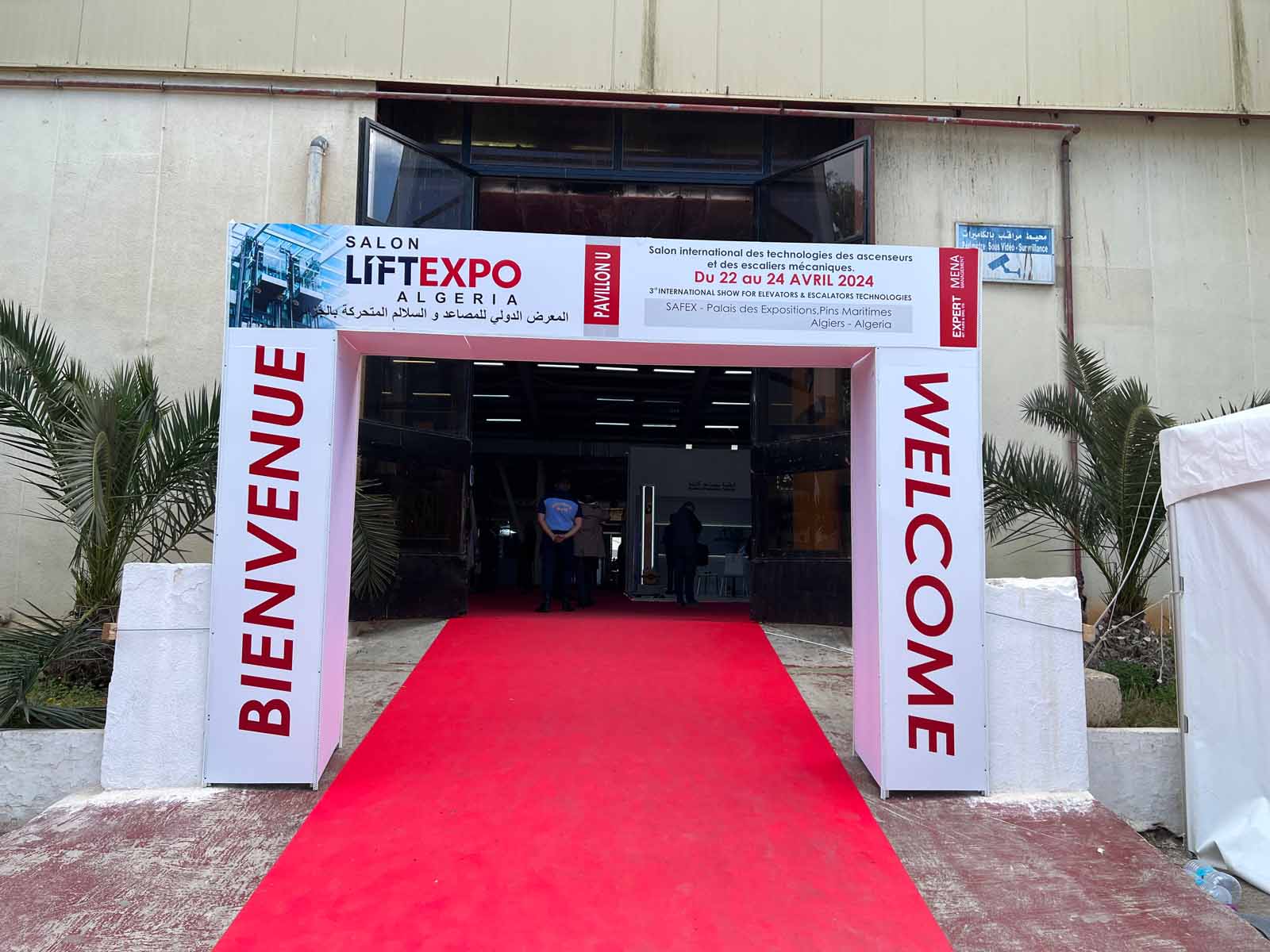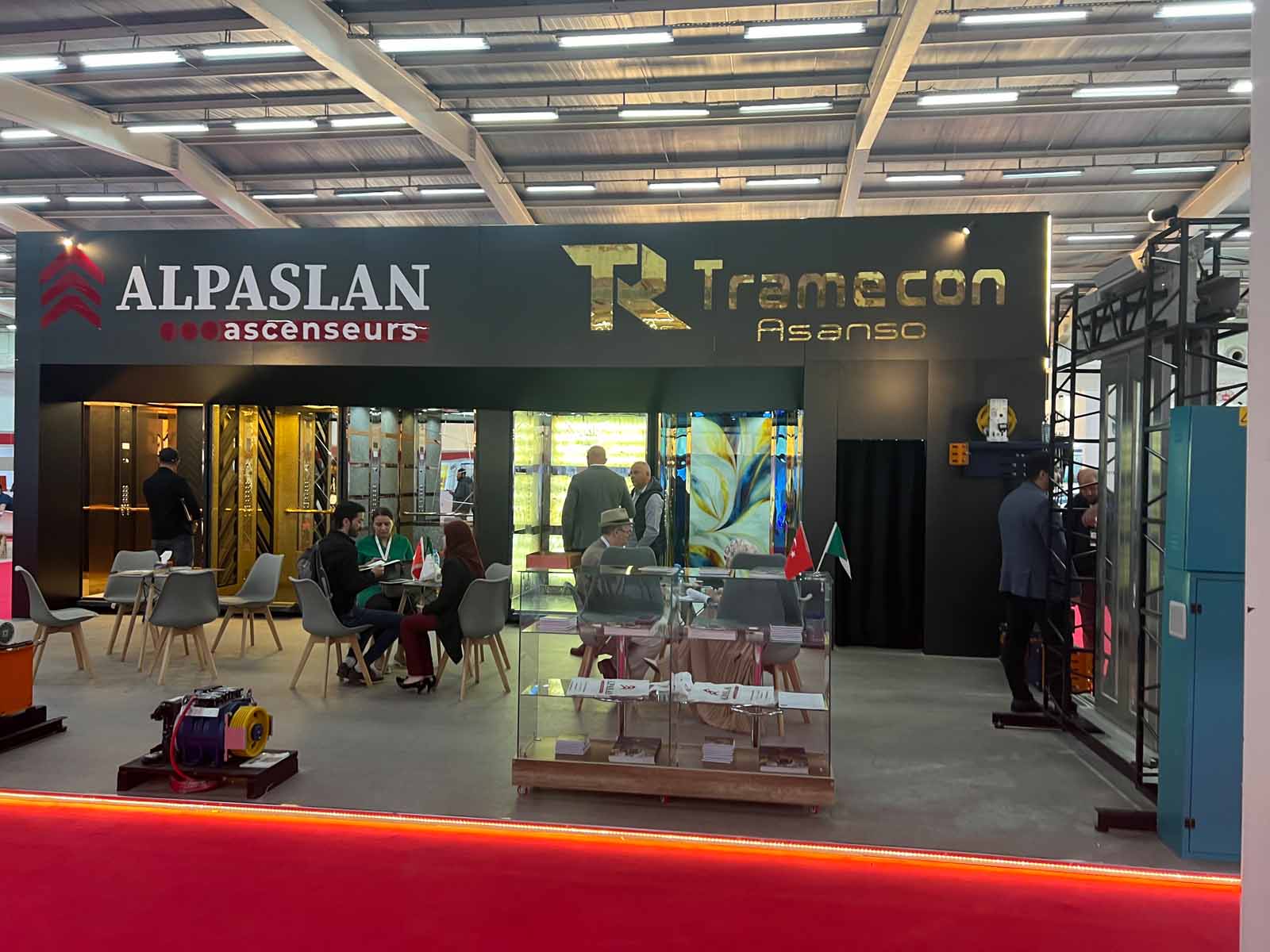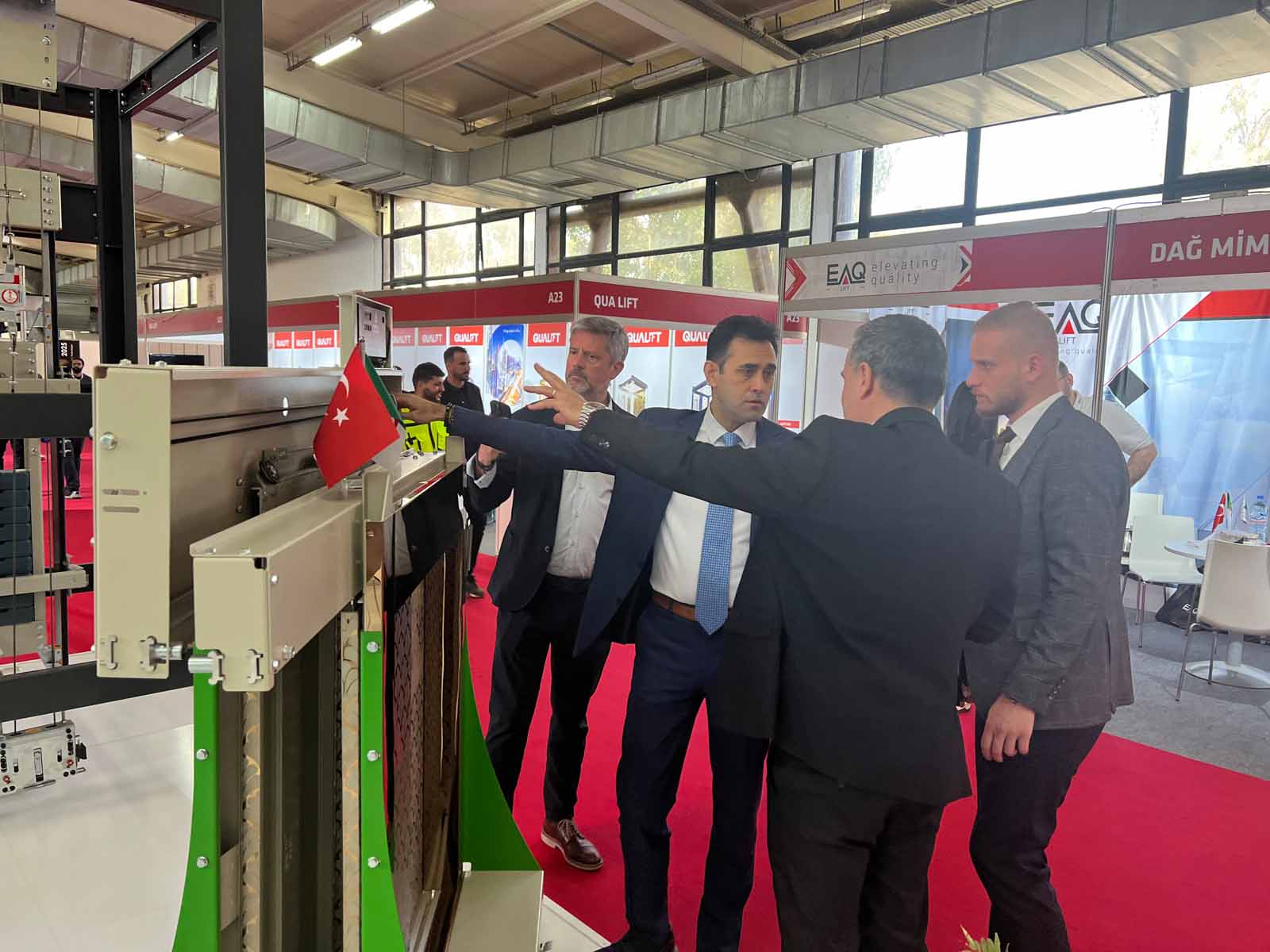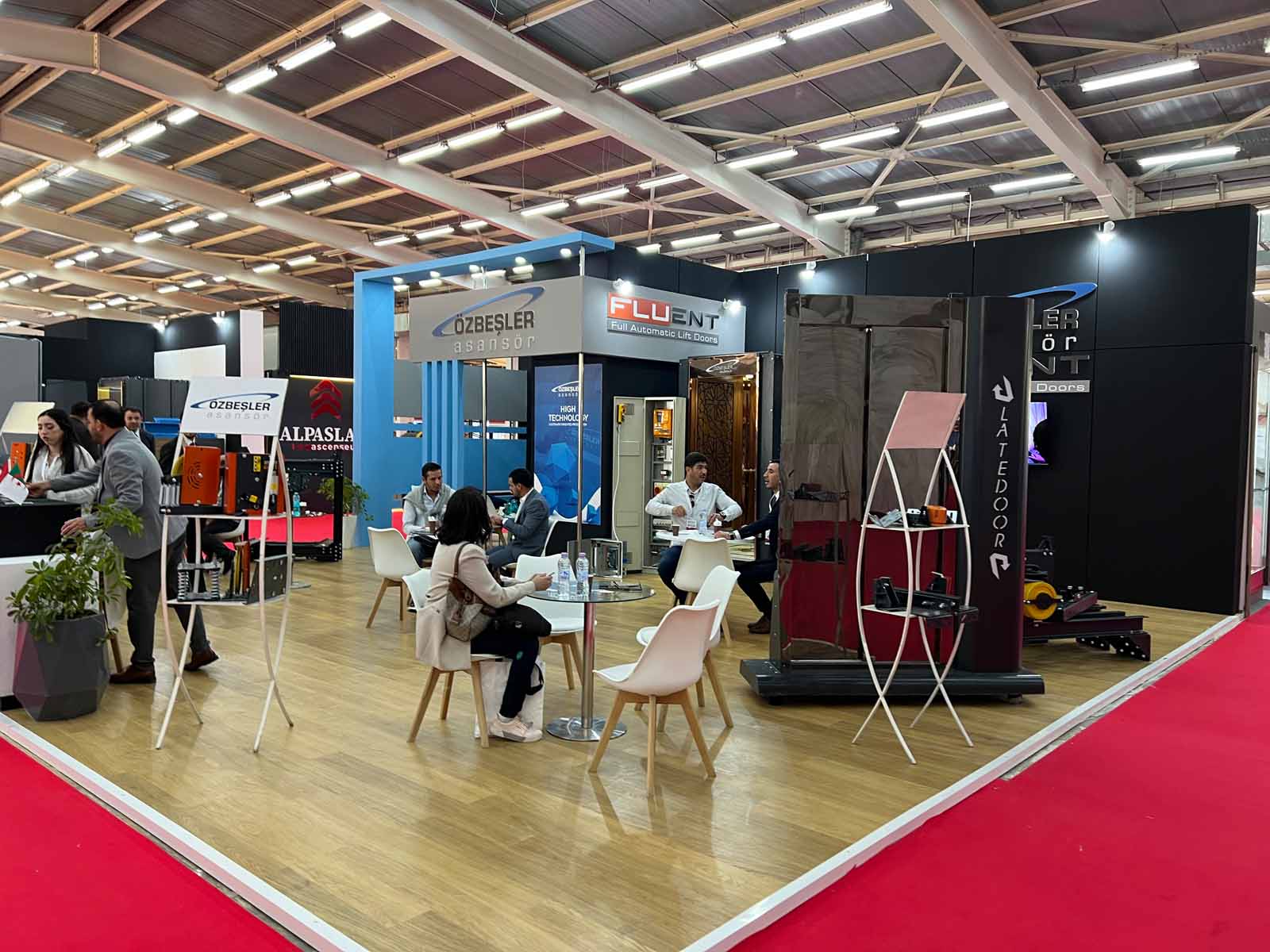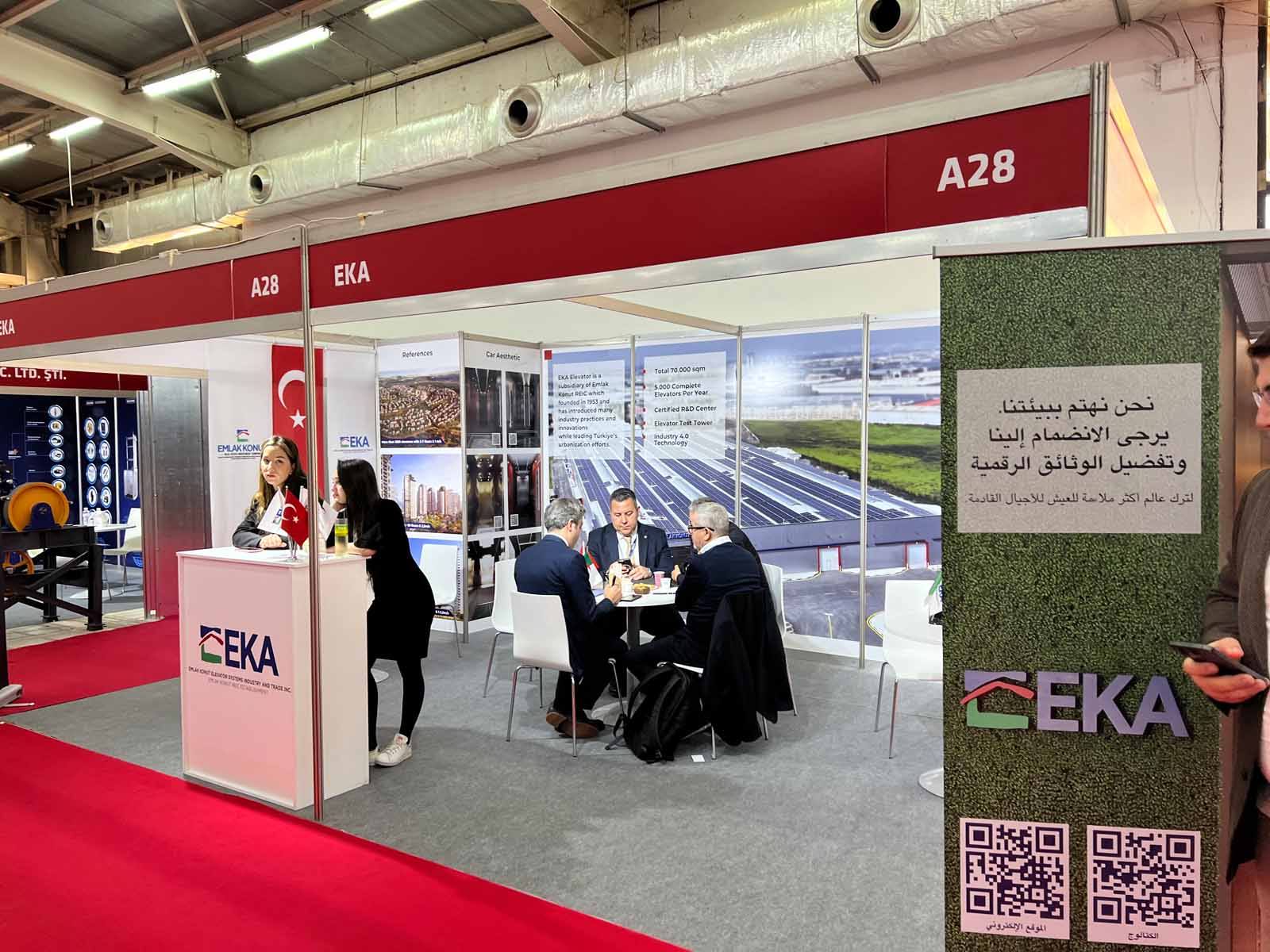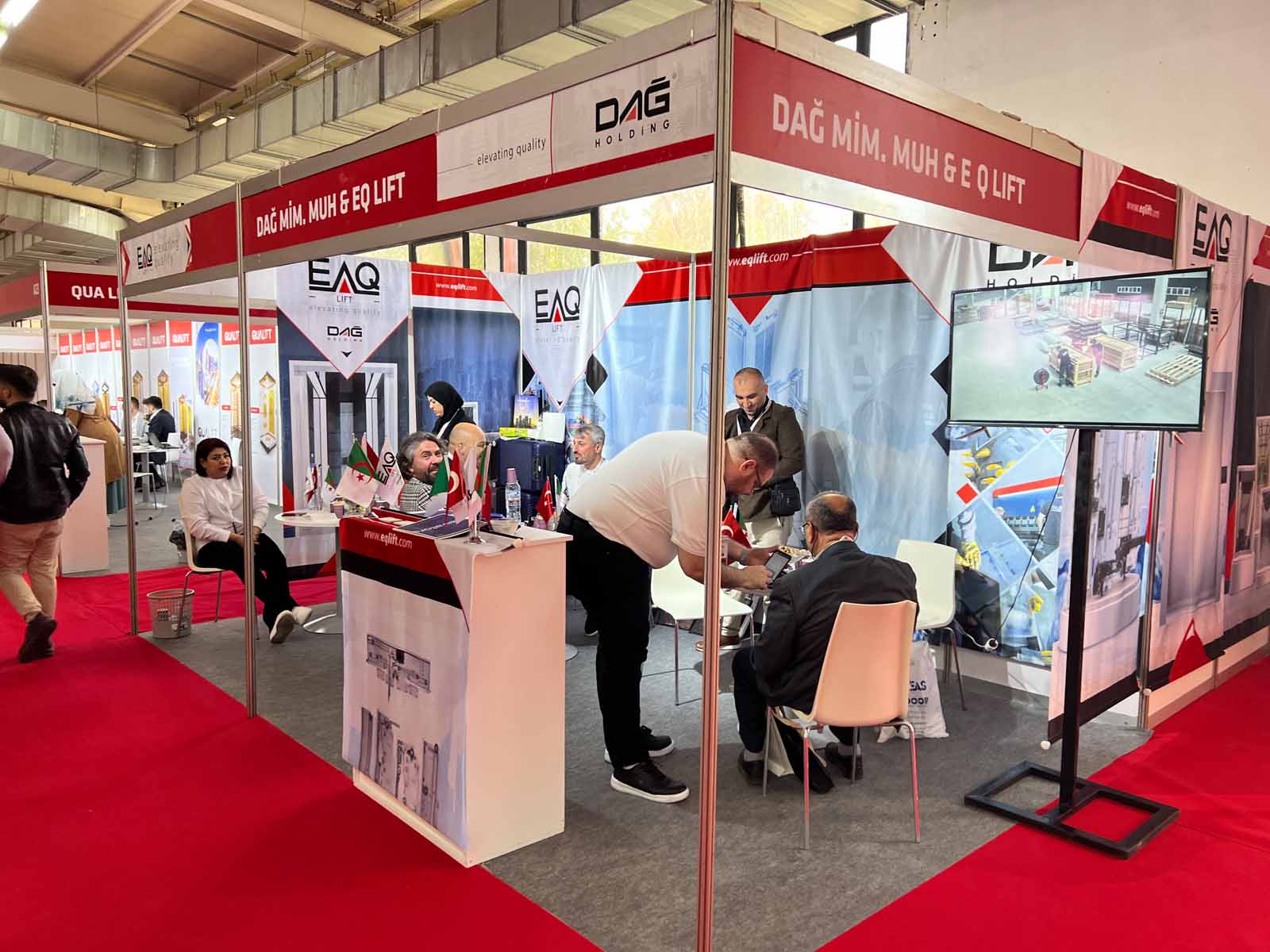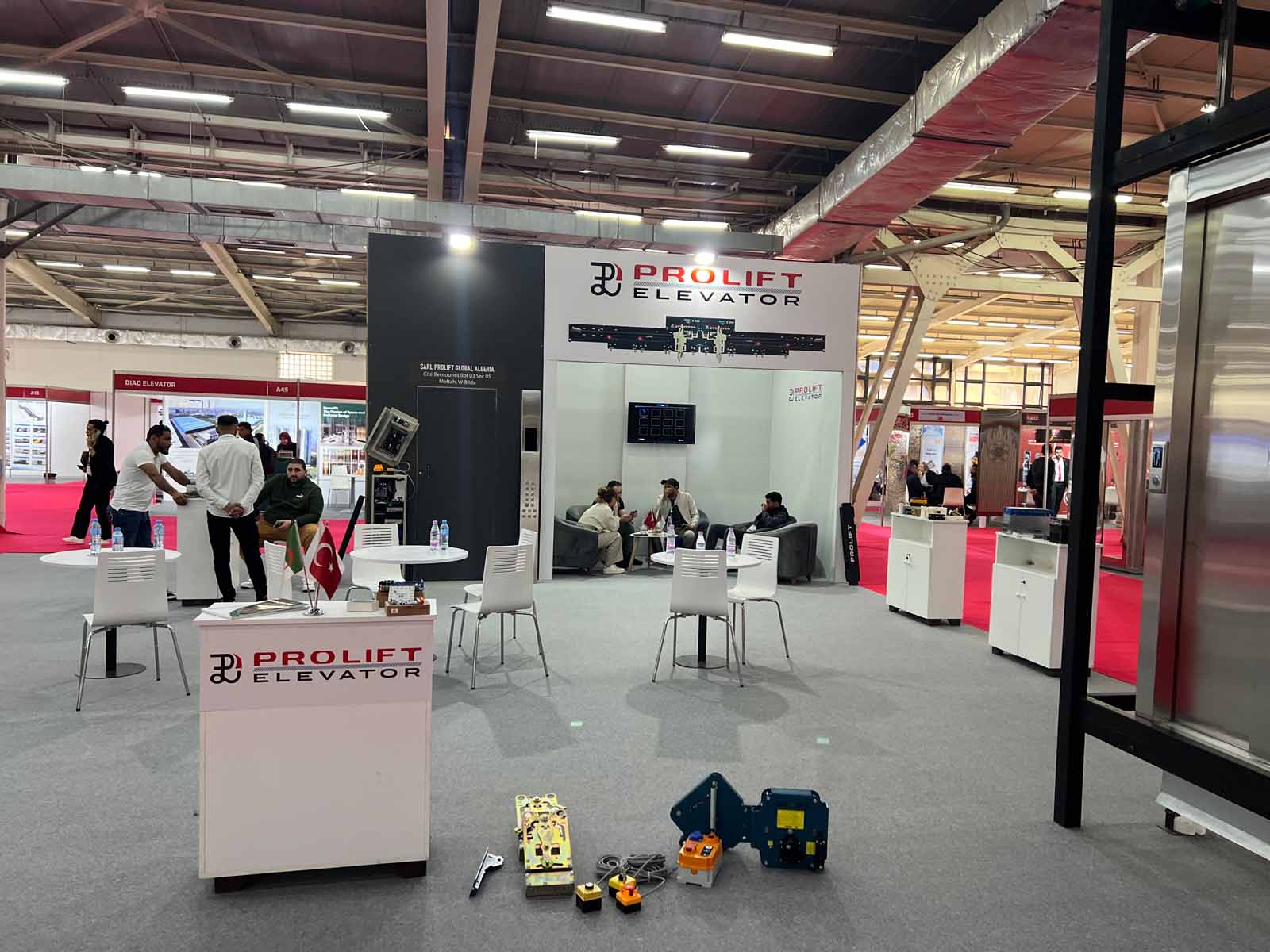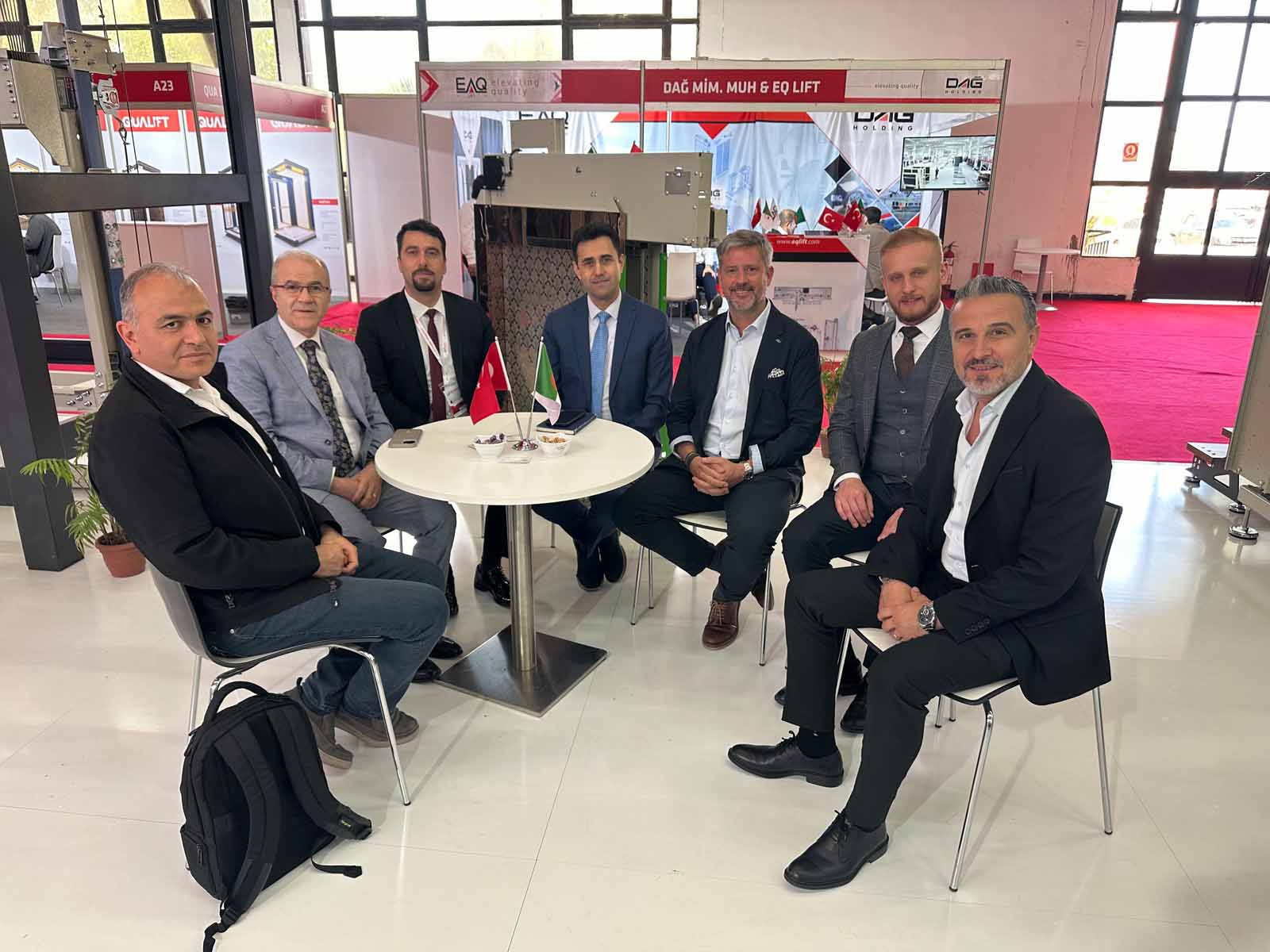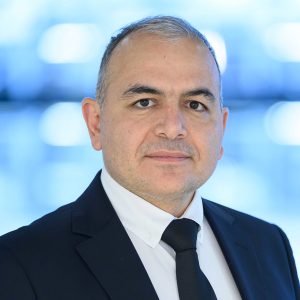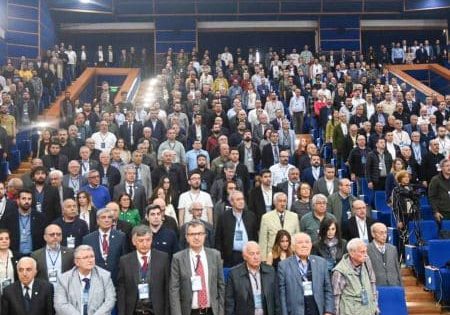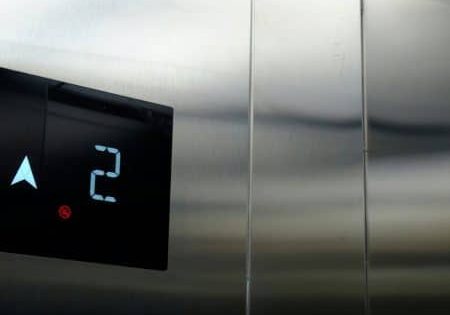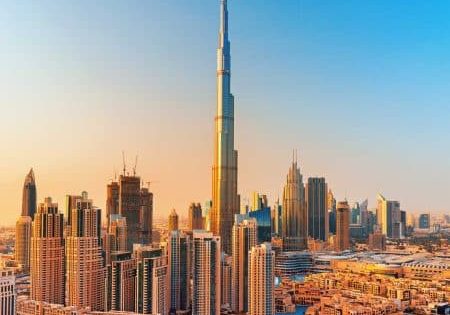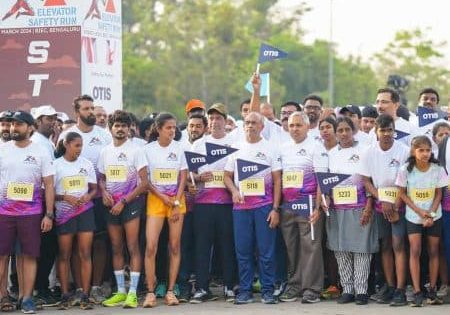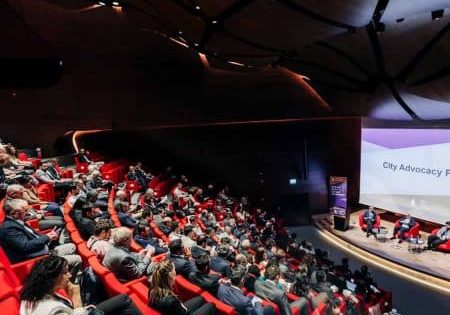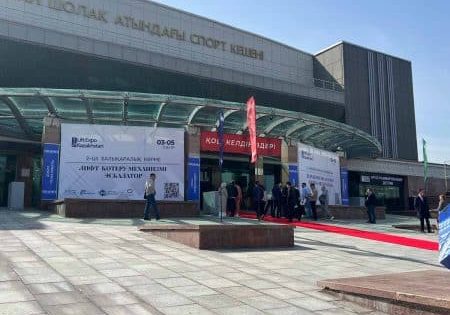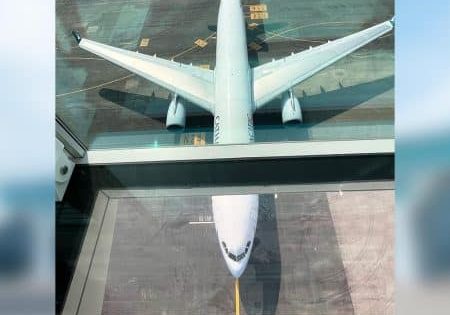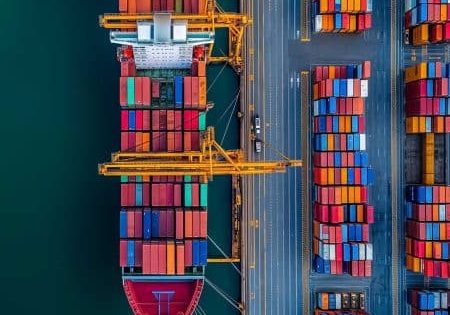The third Lift Expo Algeria took place from April 22-24 at the SAFEX International Fairground in Algiers, the capital city of Algeria.
When I set out from Istanbul for the expo and landed at the Houari Boumediene International Airport (also known as Algiers International Airport) in Algeria, the issues I encountered in passport control, customs and security seemed to reflect the country’s profile. In the passport control queue, where only 10 people could pass in an hour, the unnecessary and illogical questions asked when it was my turn revealed the reason for this delay. The same rude and illogical sequence also manifested itself in taxis, hotels and all services alike. When I talked to other participants and visitors at the expo, I observed that everyone has had similar experiences.
Country Profile
After gaining its independence in 1962, Algeria was governed by the National Liberation Front (FLN – Front de Libération National) within the framework of a single-party political system. In 1989, following a referendum, a new constitution was adopted, transitioning Algeria to a multi-party system. Today, Algeria is governed under a presidential system and has the largest territory in Africa, as well as significant natural gas and oil reserves. It is the fourth largest economy in the African continent (behind South Africa, Nigeria and Egypt).
However, despite its large natural gas and oil resources, the country has a lower-middle income status in terms of per capita income (US$4,342 — 2022). The country’s economy is dependent on the energy sector, with hydrocarbon products accounting for 97% of export revenues, 45% of GDP and two-thirds of budget revenues.
Despite its rich natural resources, the low purchasing power of the population compared to neighboring countries (minimum monthly salary is around US$250), insufficient national and international investments towards diversifying and developing the country’s economy on a sectoral basis, the very slow pace of privatization efforts for public economic enterprises, the large size of the informal sector, significant economic and social imbalances between regions (especially between the north and south), and unemployment rates reaching 30% among the youth population constitute the major challenges facing the country.
In Algeria, the construction sector is showing an upward momentum proportional to the increase in population and urbanization in the northern part of the country. Accordingly, the demand for new lifts and escalators in the country is around 20,000 units per year. The country does not manufacture lifts and escalators, hence relying on imports to meet the entire demand. Among Algeria’s largest lift suppliers are Spain, China and Türkiye.
At the Lift Expo Algeria, organized by MENA Management and Expert Fairs, 60 companies from Türkiye, China Algeria and India exhibited their products and services. The expo, which took place in the U pavilion of the SAFEX International Exhibition Center, drew strong interest from local lifts and construction companies. Since there is only limited production in the country for products such as for elevator car frames, the majority of participating companies were complete system suppliers and service providers, including installation services. Visitors to the three-day expo generally concentrated in the afternoon hours. The strong presence of Turkish companies among the exhibitors was also reflected in the international visitor profile. The majority of visitors from abroad were from Türkiye.
One of the major problems of the Algerian lift sector, which is more focused on price than technology, is the difficulties faced in exports and payment systems. The never-ending price-focused competition has turned the country into a market for low-quality lifts. Despite all these conditions, Algeria’s developing economy continues to maintain its appeal for Turkish elevator manufacturers.
The next edition of the expo will take place in 2026.
Get more of Elevator World. Sign up for our free e-newsletter.
